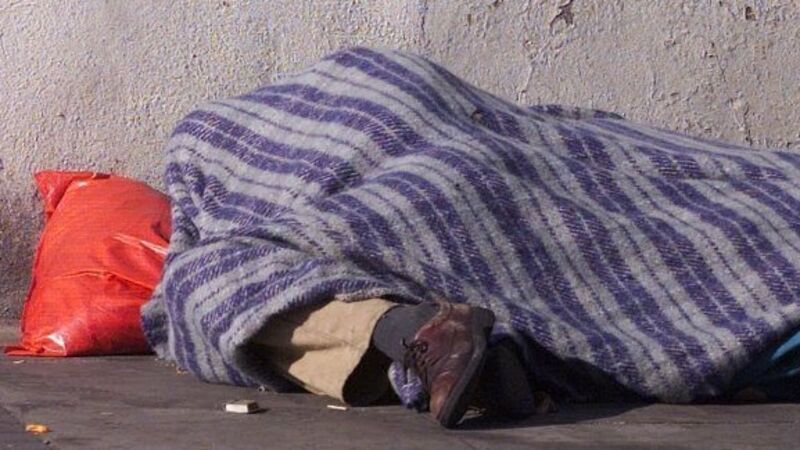Homeless plan ‘could solve crisis in a year’

Dr Sam Tsemberis said there are now enough examples of how successful the approach can be following its adoption in Cork, Dublin and the midlands.
Previous approaches to tackling homelessness, which dealt with addiction and mental health issues before moving a person into supported accommodation, reported success rates of around 40% to 60%.













